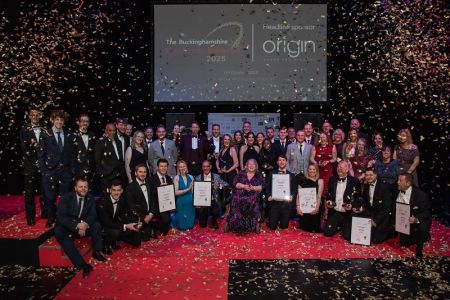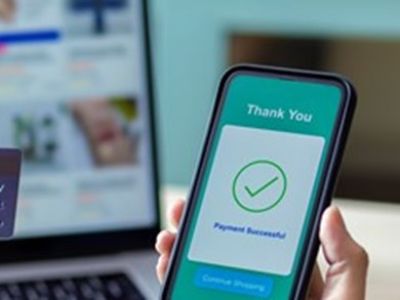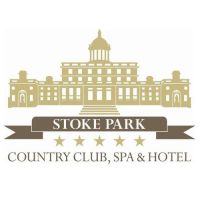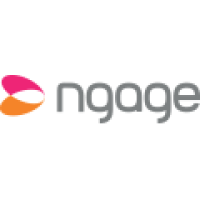- By Buckinghamshire Business First
- 27 October, 2022
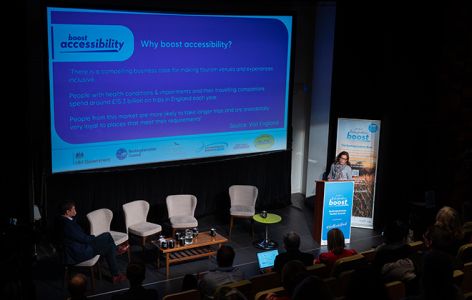
Share by email
Millions of people face digital, physical or sensory barriers when trying to use products or services. Businesses cannot afford to close their doors – literally or figuratively – to potential customers.
Negative reviews travel fast
Research shows that three quarters of disabled people have turned their backs on a business because of poor accessibility or customer service, and three quarters have experienced barriers on websites they visit, often clicking away from inaccessible sites. High street shops, restaurants and pubs are among those missing out financially because disabled people are missing out on their services.
Poor accessibility in a digital, physical or sensory way can further isolate people who may already be among the more isolated in our communities, and lead to word of mouth and reviews in disability-related forums that turn one person’s bad experience into a collective decision to stay away from a certain place. Businesses cannot afford to close their doors – literally or figuratively – to potential customers.
VisitEngland’s tips and support for boosting accessibility
We spoke to Ross Calladine, the Head of Business Support at VisitEngland, to get his advice on how businesses can become more accessible to people with disabilities and other challenges.
Watch this short video for his top tips for boosting accessibility, including on websites, and find out where to get help in creating an accessibility guide.
Talking accessibility with Vicky Hope-Walker
Philippa Batting, Managing Director of Buckinghamshire Business First, spoke with Vicky Hope-Walker, CEO of the National Paralympic Heritage Trust, for an episode of our Talking Heads podcast.
The two spoke about Buckinghamshire’s place in history as the Birthplace of the Paralympics, how the trust ensures its services are accessible, the value to businesses of being welcoming to all, the places in Bucks that are already getting it right, and some practical ideas for businesses to implement.
Visiting Buckinghamshire's accessible locations
Disability advocate Sophie Morgan, who campaigns for better representation for disabled people, especially in the travel sector, was welcomed to Buckinghamshire, with Sophie, herself a wheelchair user, staying in local accommodation and visiting independent retailers, pubs, cafes and restaurants.
One stop was Hearing Dogs for Deaf People, a renowned charity in Saunderton that trains dogs to become life-long companions and support for the hearing impaired. The acoustics in their restaurant have been designed to enhance the listening experience of customers with deafness or hearing loss. This chimes with another positive example locally. Aylesbury Waterside Theatre puts on ‘relaxed performances’ of productions to ensure the experience is safe and enjoyable for those with learning or sensory disabilities.
Upholding a local legacy
Another stop on Sophie’s trip - the Paralympic Heritage Museum, where she learnt about Dr Guttman, the founder of the Paralympic Games - shows the great history that Buckinghamshire has in terms of innovating in the name of accessibility, but also the legacy that needs to be upheld in the Birthplace of the Paralympics.
Work still to be done
Sophie’s visit made clear that Buckinghamshire has plenty to offer disabled people, but it did highlight some shortcomings in the overall range of destinations and activities open to wheelchair users, while there will be other gaps in provision for the many local people who come under the broad ‘neurodiverse’ banner, like those with challenges such as ADHD, autism, dyslexia, dyspraxia, epilepsy and Tourette’s.
Leave no door unopened
Ideally, there would be nothing unique about creating accessible services and destinations, but at this moment accessibility can be a real USP for a business. Our visitor economy has been hit hard by recent events – it’s vital to leave no stone unturned, and no door unopened, in pursuit of recovery and growth.
Speak to us about improving accessibility
Contact our team and we will guide you to the resources and support available to help you improve the accessibility of your organisation.
Email [email protected] or call 01494 927130.

